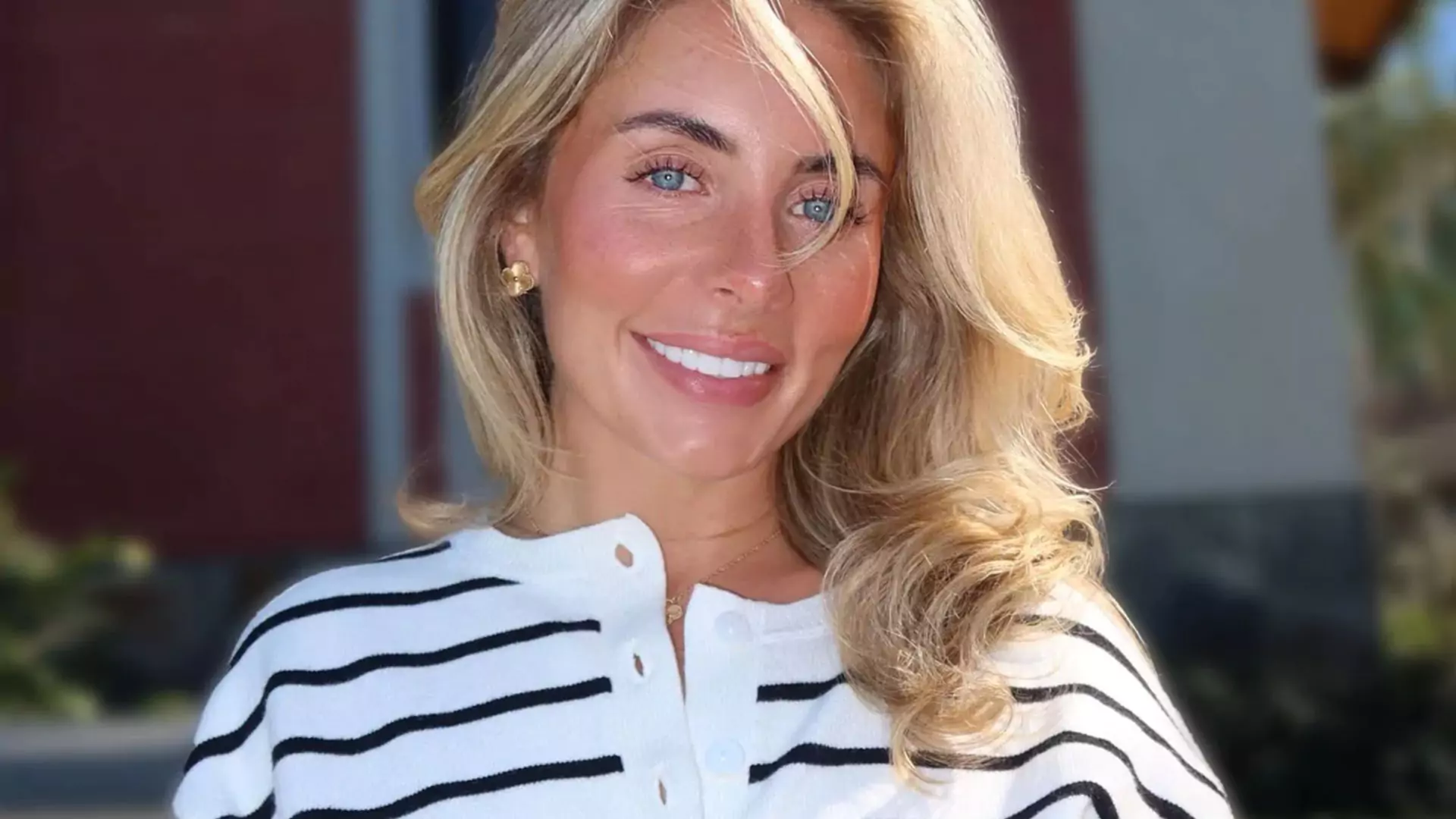Roberta Flack, the legendary pop and R&B singer best known for timeless hits like “The First Time Ever I Saw Your Face” and “Killing Me Softly With His Song,” has passed away at the age of 88.
According to a statement from her representative, she died peacefully on February 24, 2025, surrounded by family. The cause of death was not disclosed.
A Career Sparked by a Hollywood Film
Flack’s breakthrough came unexpectedly when director Clint Eastwood featured her 1969 recording of “The First Time Ever I Saw Your Face” in his 1971 film Play Misty for Me. The song’s renewed popularity propelled it to the top of the charts, earning her a Grammy for Record of the Year.
Following that success, she delivered another chart-topping single, “Killing Me Softly With His Song,” in 1973. This back-to-back Grammy-winning streak was unmatched until U2 achieved the same feat in 2001 and 2002.
NEW YORK (AP) — Roberta Flack, Grammy-winning singer known for ‘Killing Me Softly With His Song’ and other intimate hits, dies at 88. pic.twitter.com/xoaSLbwlvd
— philip lewis (@Phil_Lewis_) February 24, 2025
Hitmaker and Musical Icon of the ’70s
Flack solidified her place in music history with “Where Is the Love,” a duet with Donny Hathaway that became a major pop and R&B hit in 1974. Over the years, she amassed six top-10 pop hits and ten top-10 R&B singles, many of which she co-recorded with Hathaway.
Music historian Peter Shapiro described Flack’s style in The Rough Guide to Soul and R&B as “urbane, genteel, and jazzy.” Her music blended soft ballads with sophisticated instrumentation, making her a favorite among fans of soul, jazz, and adult contemporary music.
Although her mainstream success declined after the late ’70s, Flack continued making music for decades. Her final studio album, Let It Be Roberta—a tribute to The Beatles—was released in 2012.
Born in Black Mountain, North Carolina, Flack grew up in a musical household, drawing inspiration from gospel greats like Mahalia Jackson and Sam Cooke. A piano prodigy, she earned a full scholarship to Howard University at just 15.
After her father’s passing, Flack took on teaching roles in North Carolina and Washington, D.C., before transitioning into a professional music career. A pivotal moment came when jazz pianist Les McCann discovered her performing at a Washington nightclub, leading to a record deal with Atlantic Records in 1968.






















